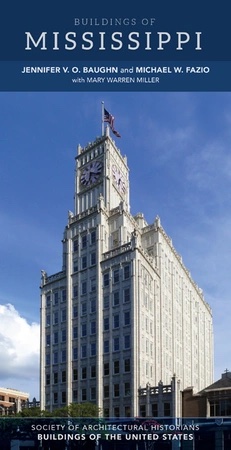
A classic and now rare example of a once vibrant African American institution, this board-and-batten structure beside a cotton field illustrates the informal development of juke joints as rural social centers. A juke proprietor, almost always a sharecropper or tenant, usually opened his house only one or two nights a week, clearing away furniture and offering live or phonograph music, homemade liquor, and sometimes fried fish to his patrons and neighbors. Idiosyncratic and diverse in form, juke joints typically feature multipurpose spaces, a changeable and colorful decor, and a private, often windowless, interior that freed patrons from their everyday surroundings. In 1963, Willie “Po’ Monkey” Seaberry and his brother opened this juke joint in a vacant sharecropper cabin on the Hiter Farm, where they had lived since 1954. Seaberry expanded the one-room cabin in all directions, but the section with the side-gabled, broken-slope roof, a typical tenant house form, suggests the original size. His bedroom and kitchen were in the right addition and a pool table was in the left, leaving the center open as a gathering space. Dramatic painted signage on the facade explains the house rules. Seaberry, who died in 2016, lit Christmas lights outside to signal that the juke was open.














